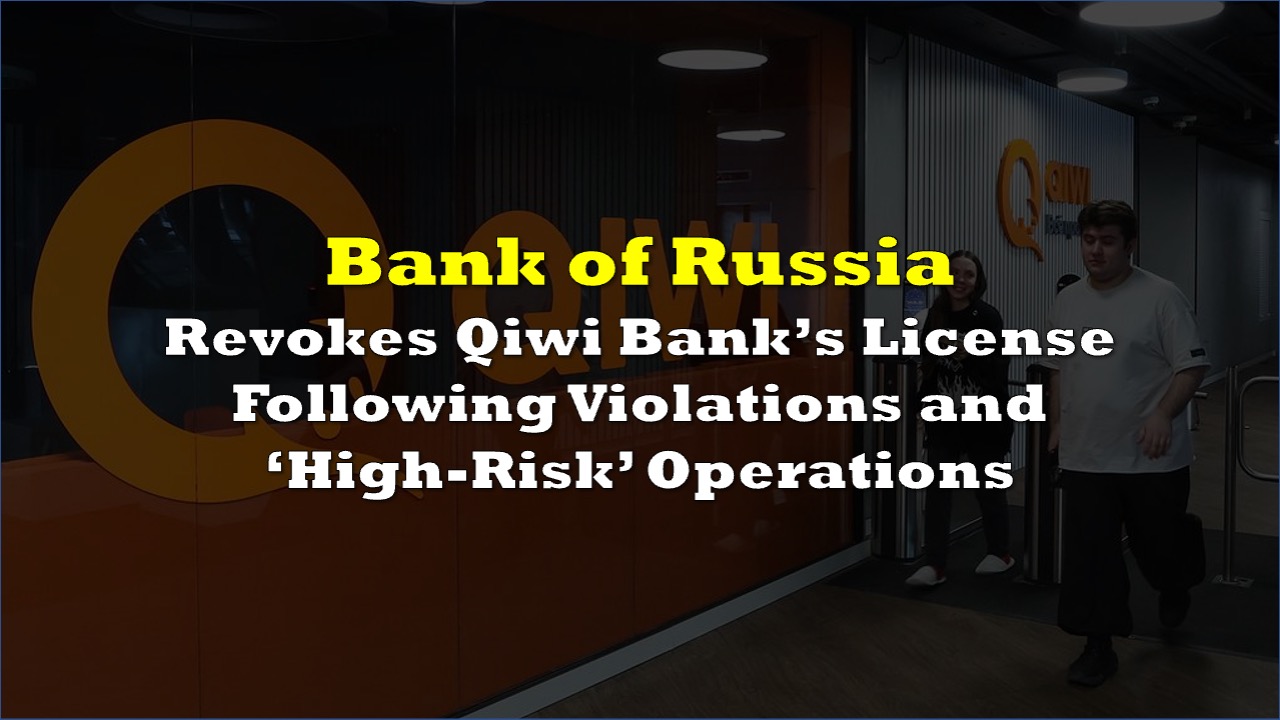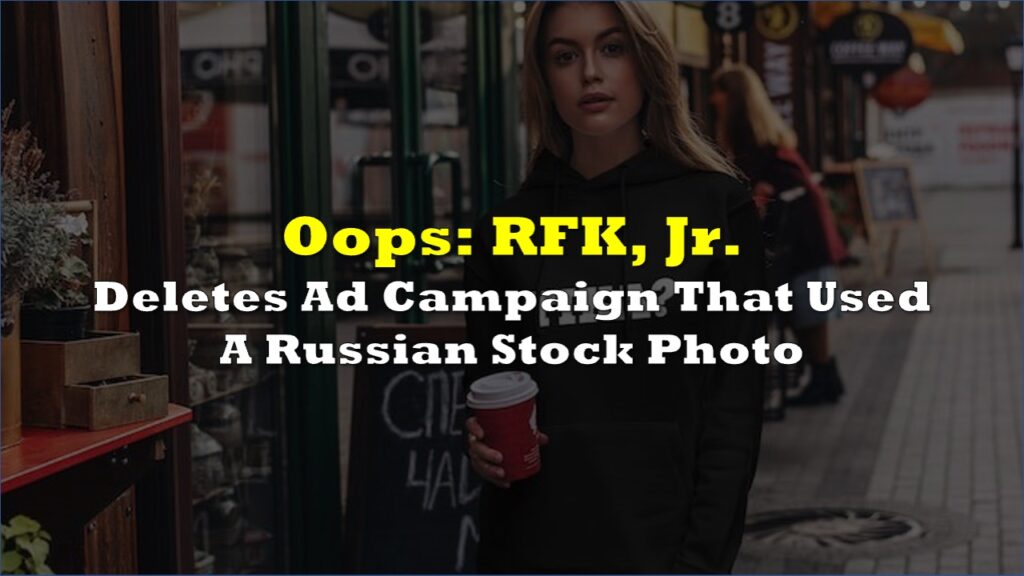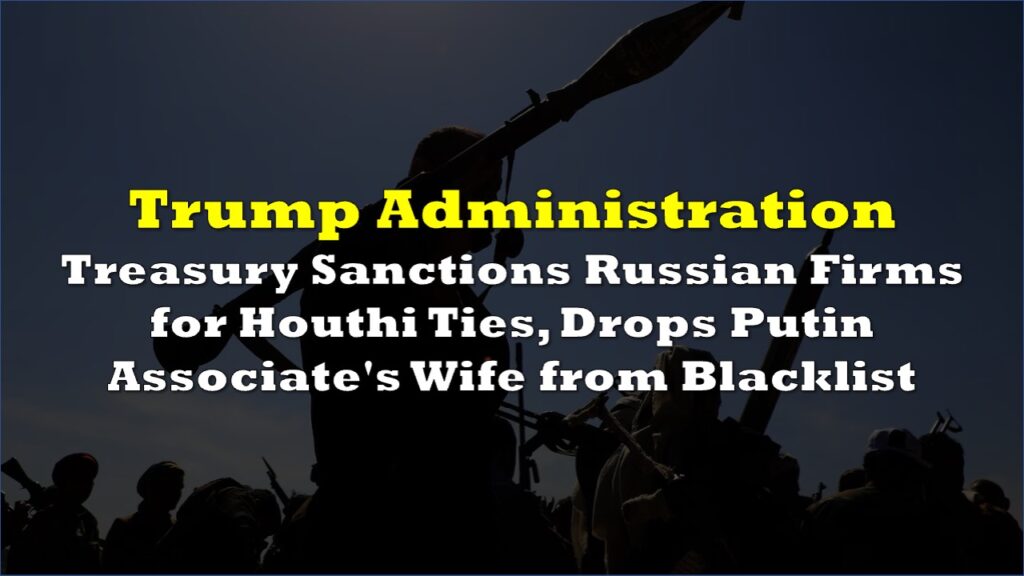Russia’s central bank announced on Wednesday that it has revoked the banking license of Qiwi Bank (Nasdaq: QIWI; MCX: QIWI) following multiple violations and involvment in what the central bank described as high-risk transactions.
“The bank’s activities were characterized by involvement in high-risk transactions aimed at ensuring settlements between individuals and shadow businesses, including transfers of funds in favor of crypto exchangers, illegal online casinos, bookmakers, etc., as well as the search for new ways to circumvent regulations introduced by the regulator restrictions,” the Bank of Russia wrote in a statement.
A major bank collapsed in #Russia today
— NEXTA (@nexta_tv) February 21, 2024
In the morning of February 21, the Central Bank of Russia announced the revocation of the license of #QIWI Bank. The Central Bank explained the decision by the fact that the bank was "used to make payments for money laundering and… pic.twitter.com/QaCfTkrKgd
The central bank’s decision underscores Qiwi Bank’s repeated violations of anti-money laundering and terrorism financing regulations. The bank was involved in opening Qiwi wallets with individuals’ personal data without their consent and executing unauthorized transactions, exposing citizens to significant risks.
These actions, alongside systematic breaches in legislation aimed at preventing the legalization of criminally obtained proceeds (i.e. money laundering) and terrorism financing, prompted the regulator to alert law enforcement agencies about the bank’s potentially criminal transactions.
Qiwi is also one of Russia’s largest payment services providers, and is about the Russian equivalent of Paypal. Reuters reported on Wednesday that Qiwi’s Nasdaq-listed payment service, which had 29 million users at the end of 2022 and about 15 million active wallets, has gone offline. Users have been unable to withdraw funds from their wallets and from the service’s contact payment system, which is used by many to transfer funds overseas.
Unlike the bank’s deposit accounts which will be covered up to 1.4 million roubles per depositor by Russia’s Deposit Insurance Agency (ASV), e-wallets are not insured. The central bank however said that Qiwi should have enough funds to cover the e-wallets. ASV will begin paying out compensation to depositors by March 6.
Information for this story was found via Reuters, Nasdaq, TASS, Nexta, and the sources and companies mentioned. The author has no securities or affiliations related to the organizations discussed. Not a recommendation to buy or sell. Always do additional research and consult a professional before purchasing a security. The author holds no licenses.









